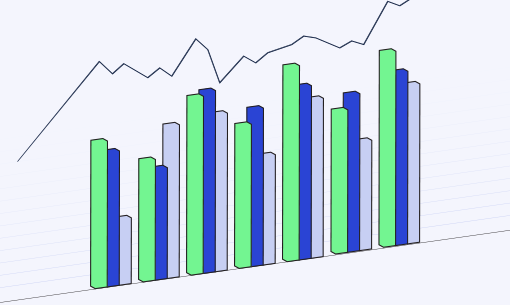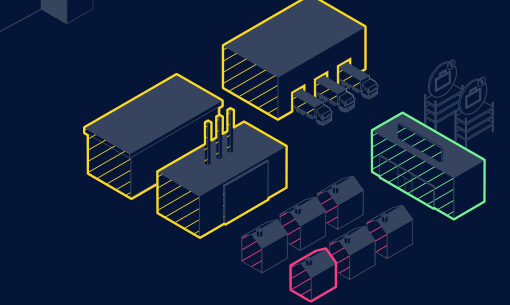How to streamline your consumer goods supply chain
By Tom Hassall on October 30, 2019The fast-moving consumer goods (FMCG) market is changing. Online sales increased by almost 35% across the industry in 2018, with ever-evolving consumer trends and behaviors turning the traditional FMCG growth model on its head and creating a range of consumer goods supply chain challenges.
Some of the larger, more household names in the sector have been slow to adapt to this transition, with younger, customer-centric FMCG businesses disrupting the status quo and challenging the leading players.
The rise in online sales, direct-to-consumer suppliers, and digital-only challengers are placing increasing pressures on the traditional FMCG supply chain. With increased sustainability also high on the agenda, businesses are under enormous pressure to maintain profitability whilst reducing unnecessary wastage and their impact on the environment.
Unsurprisingly, the answer to these consumer goods supply chain challenges can be found in an FMCG business’ data. When leveraged effectively with artificial intelligence (AI), the insights this data provides can drive efficiencies and intelligently power processes across the supply chain.
AI has the ability to utilize data from across the entire supply chain to help businesses in all sectors optimize processes, reduce costs, and improve efficiencies. It does this by adding a layer of intelligence to your warehouse operations, enabling businesses to maximize fulfillment at the lowest cost.
As an example, here are three key areas in which AI can help you smarten up your CPG supply chain by making more of your data.
Optimization
In an FMCG setting, AI can help to improve warehouse efficiency in a number of ways. For example, it can be used to automatically identify which products are over-represented in the pick-face; these items can then be removed to make space for the more fast-moving products.
AI can also be employed to determine the best routes for pickers to take around the warehouse – minimizing movement and maximizing productivity. On top of this, it can optimize the flow of goods through the warehouse in order to smooth spikes in demand.
Workforce planning
AI can also play a crucial role in helping businesses better manage and plan their workforce, in terms of who is out on the factory floor (and when.) With a more holistic view of data, AI can intelligently plan labor based on projected busy periods – ensuring you’re covered to cope with and fulfill warehouse demands, but also reduce costs associated with excessive over-staffing.
Logistics
As mentioned, sustainability is an increasingly high priority for FMCG businesses, and is something that consumers now expect from brands. In fact, a recent survey of over 1,500 consumers found that 66% would stop buying from a brand or retailer if they were found to employ practices that were detrimental to the environment.
AI and machine learning can help your consumer goods business to power more sustainable, environmentally-friendly logistics processes by using data to accurately forecast demand and plan appropriately. For instance, you can reduce both emissions and costs associated with logistics by maximizing truck capacity, and by optimizing delivery routes and times with AI.
These are just a handful of ways that FMCG companies are currently employing AI-powered solutions to help improve efficiencies, reduce costs, and increase sustainability across the consumer goods supply chain.
If this is something that’s on your agenda for the months ahead, consider booking a quick demo to see our Dynamic Inventory application in action.

Demand forecasting: the leap to advanced machine learning

Peak’s approach to demand forecasting


